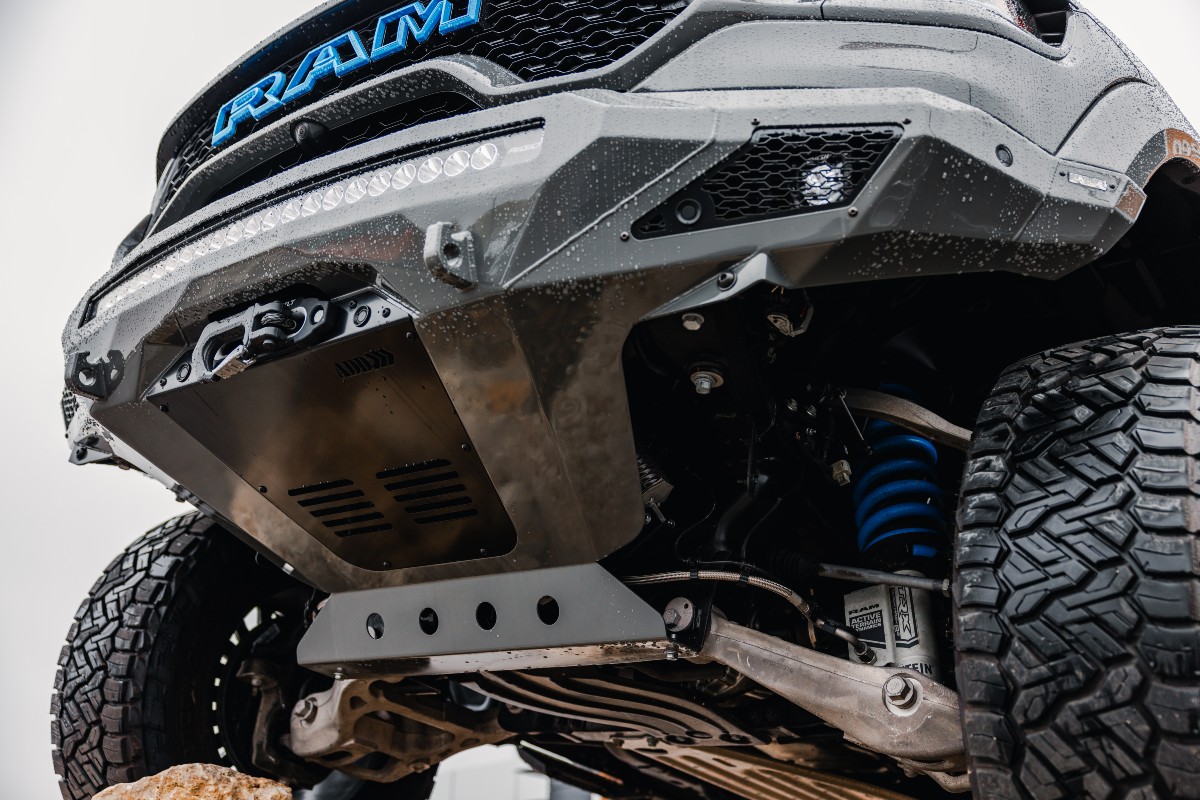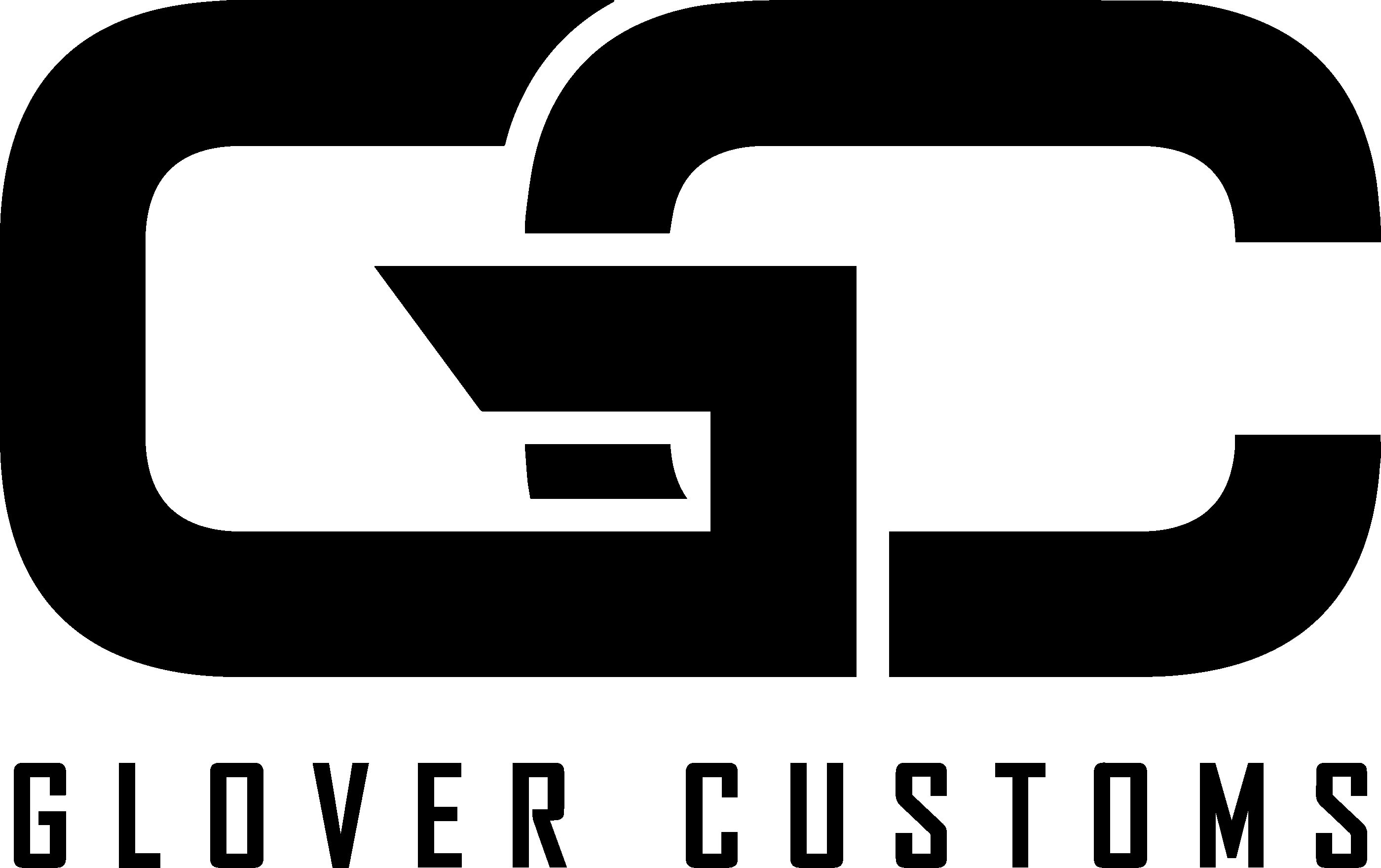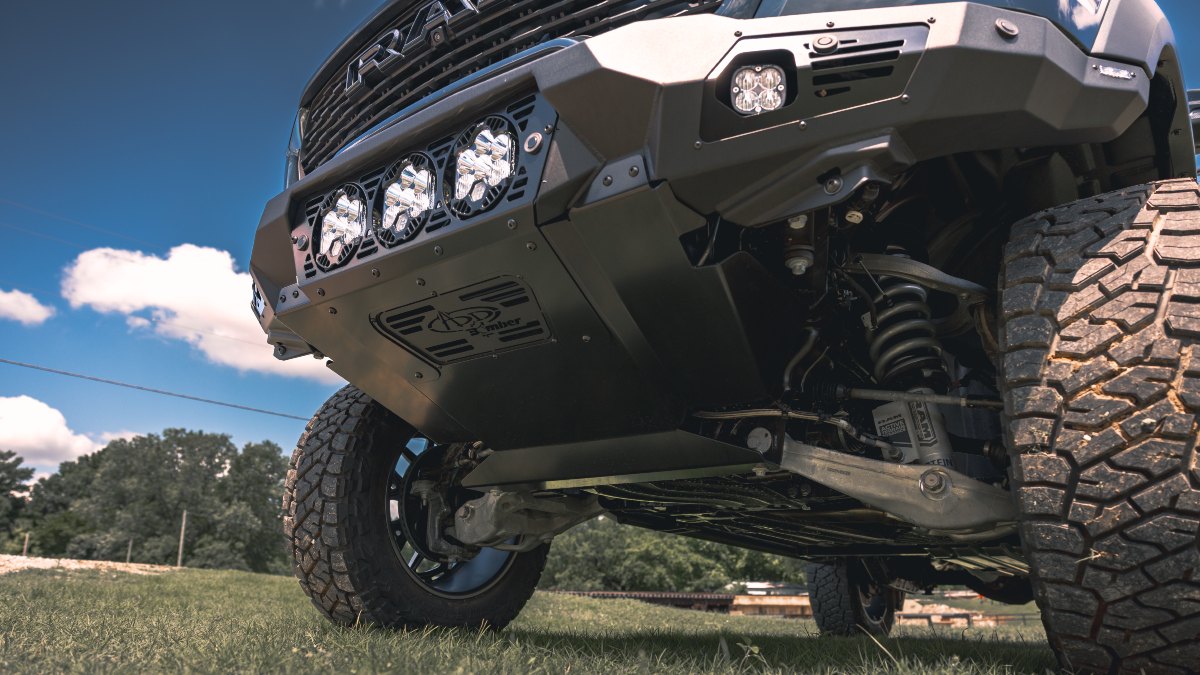We’ve talked many times about just how widespread the selection of upgrades is when building a custom rig. While things like lift kits, bigger tires and exterior lighting are the big-ticket upgrades we often fantasize about, there are tons of different things you add to your vehicle to make it better equipped for however you plan to use it, especially if you’re making an off-road build.
For example, if you’re looking to protect some of the vital parts of your vehicle from the dangers and debris inherent to off-road driving, you may want to consider adding skid plates. While skid plates are fairly well known in the off-road community, they’re overlooked surprisingly often. But they’re a great way to protect many crucial parts of your vehicle that are constantly exposed to damage. Today, we’re going to help you with choosing the right skid plates for your off-road build.

What Do Skid Plates Actually Protect?
Alright, so we’ve mentioned these “vital” and “crucial” parts of your vehicle, but what exactly are those parts? What do skid plates actually protect? Here is a list of some of the vehicle parts in your undercarriage often exposed to debris and potential damage:
- Control arms
- Crossmembers
- Differentials
- Fuel tank
- Oil pan
- Transfer case
- Transmission
Steel vs. Aluminum
Which material you choose for your skid plates is one of the important things to consider if you want to choose the right ones for your off-road build. There are two main materials to choose from, as they’re the most common and the ones we would recommend choosing between — steel and aluminum.
Steel is extremely durable and capable of resisting deformation, which makes it ideal for rock crawling; however, they are much heavier and can rust if not properly coated and cared for. You’ll typically want to choose 3/16” or 1/4" when purchasing steel skid plates.
As for aluminum, it’s very lightweight and corrosion resistant, which makes it good for overlanding and mudding; however, they’re much softer than steel and can dent under hard impact. You’ll typically want to get 1/4" or thicker when purchasing aluminum skid plates.
What it boils down to is how you intend to use your off-road build. If you see a lot of aggressive terrain, choose steel. If you’re looking to save weight and travel long distances, choose aluminum. Alternatively, you can always go for a hybrid setup, choosing steel to cover certain aspects and aluminum for others, which balances both your protection and weight.
Fitment & Coverage
The next things you’re going to want to consider are fitment and coverage, as obviously not all skid plates are created equal. Here are a few different things to consider as far as these aspects are concerned when choosing your skid plates:
- Full coverage vs. modular
- A full coverage kit protects everything in one system, whereas modular kits let you upgrade your build piece by piece.
- Bolt-on vs. weld-on
- Choosing bolt-on skid plates will make installation and maintenance much easier, as they can easily be added and removed. Weld-on options are much more permanent, which makes them more difficult but also more durable.
- Drain access
- If you’re protecting your oil pan with a skid plate, you’re going to want to make sure that plate provides a cutout or removable panel for your oil changes.
- Compatibility
- Not every skid plate will work with every other aspect of your vehicle, so make sure to consider whether or not they’ll be compatible with your lift kit, your crossmembers, your different covers and so on.
Add Skid Plates to Your Build at Glover Customs
It’s also important to keep in mind that some vehicles do come with factory skid plates, but don’t think that that means you’re all good. These factory plates are typically very thin stamped steel or aluminum and aren’t built for serious abuse. If you’re going to be tackling off-road conditions frequently, you’re going to want something stronger than the stock skid plates.
If you’re ready to upgrade or add some skid plates to your off-road build, we can help you make sure you’re choosing the right ones right here at Glover Customs. Feel free to get in touch with us and we can get started at your earliest convenience, whether you just have some questions or want to dive right into some upgrades.


